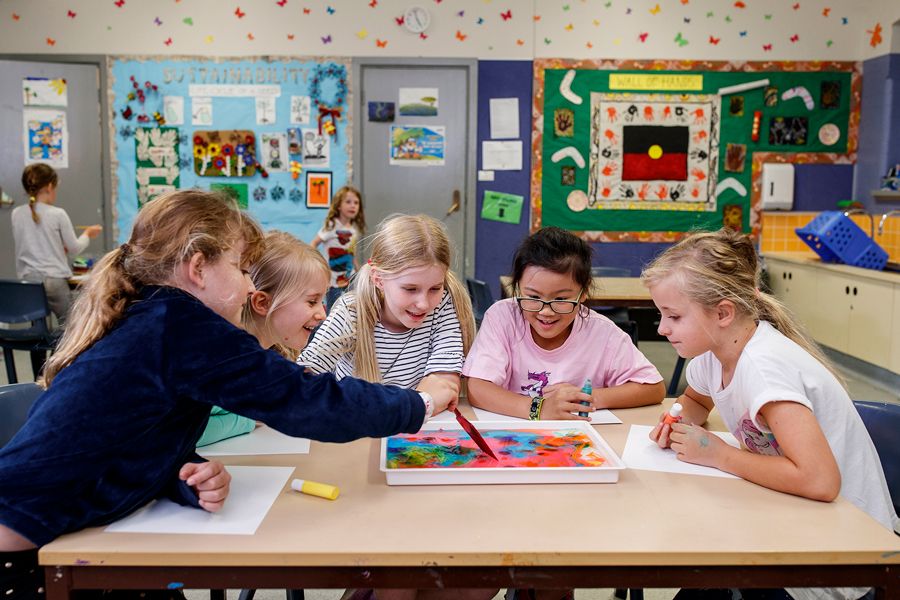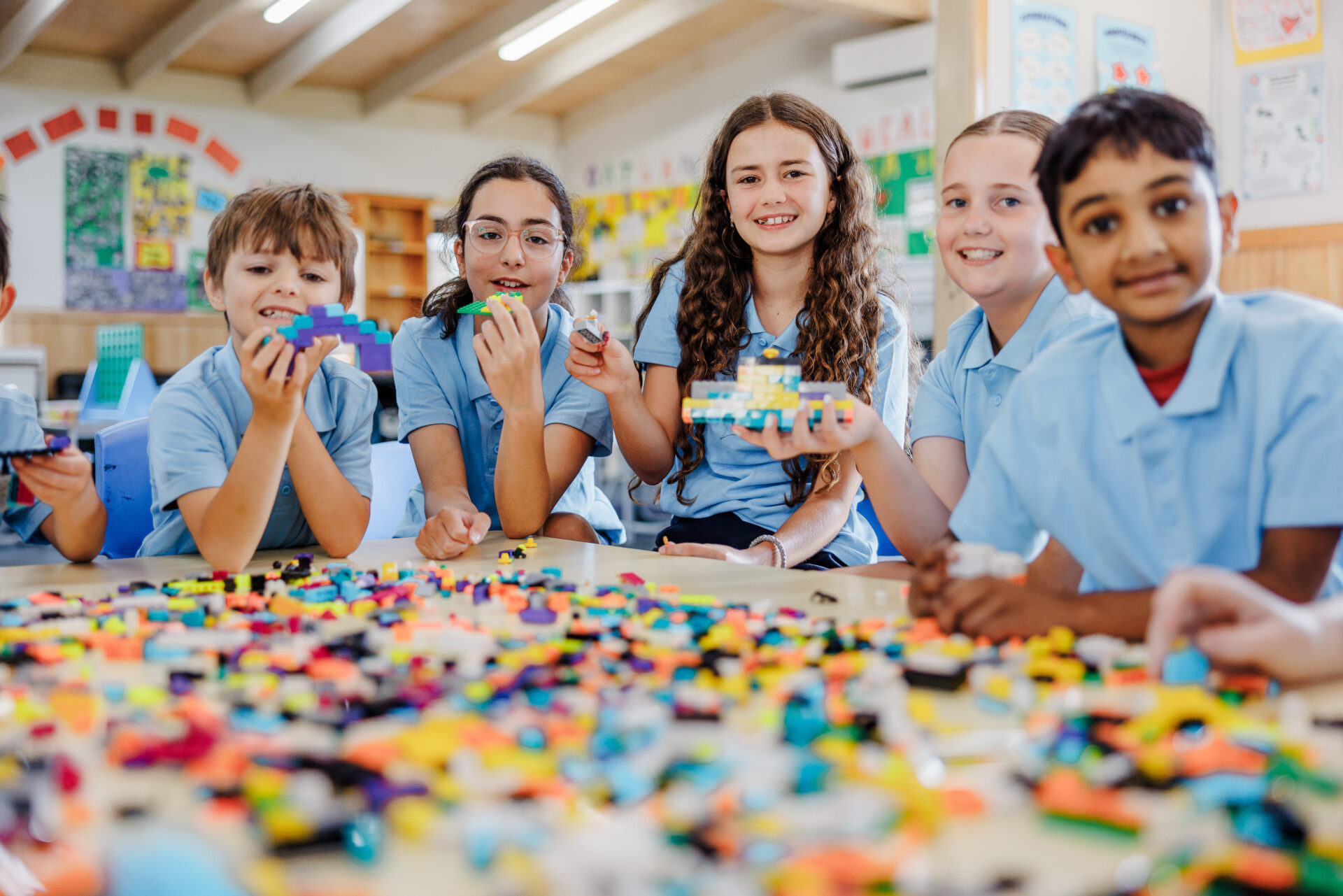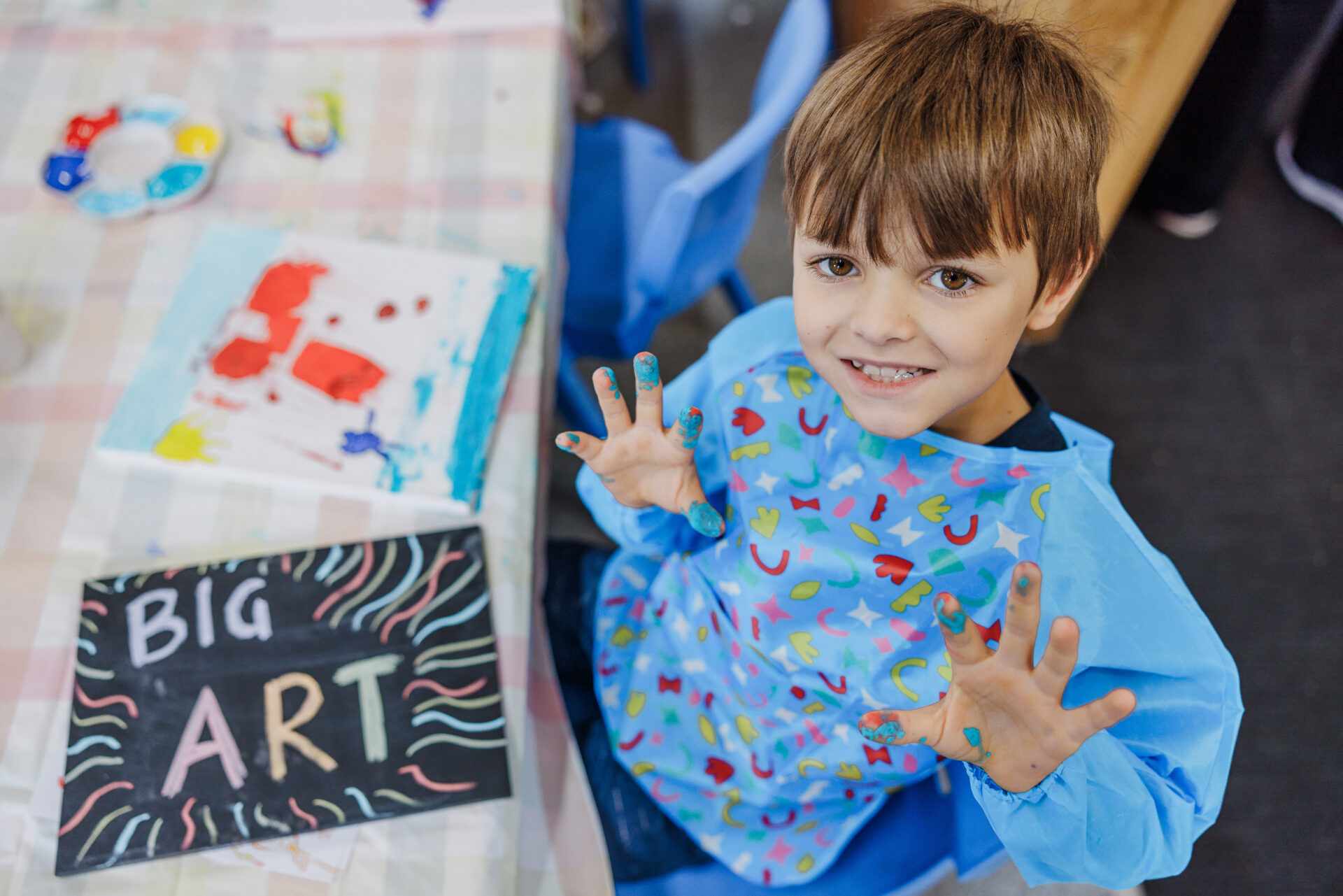A parent’s wish is for their child to make new friends and be happy. Throughout each year in primary school, this wish does not change. There is one simple reason for this. The basis of happiness at school comes down to friendships. The ability to maintain strong friendships can affect a child’s happiness and if your child comes home upset when they can’t find any friends to play with, then you take this to heart. It’s confronting and you feel a sense of sadness because you naturally want your child to be happy. Let’s explore some tactics that can help with supporting children to maintain their friendships.
The Basic Values of Friendship
Creating quality friendships involves relationships that value trust, forgiveness, integrity, hope and compassion. Andrew Fuller, leading psychologist who specialises in the wellbeing of children, refers to this as the Relationship Quotient. Teaching your child the true values of relationships will help them to form quality friendships throughout their life. Friendship is a two-way street, and the earlier a child is taught the foundations, the easier they will find making and maintaining good relationships.
The Importance of Role Modeling to Make New Friends
Young children begin to learn behaviours from those around them. They learn from their parents and the relationship they have with their family influences their development. Strong family connections help children to build friendships in the playground.
Children observe how friendships are formed and experience firsthand that “family friends” are often in their life for a long time. Role modelling healthy friendships is beneficial for children as they can learn the sociable aspects of making new friends and observe how friendships are nurtured.
How to Help Children to be Sociable
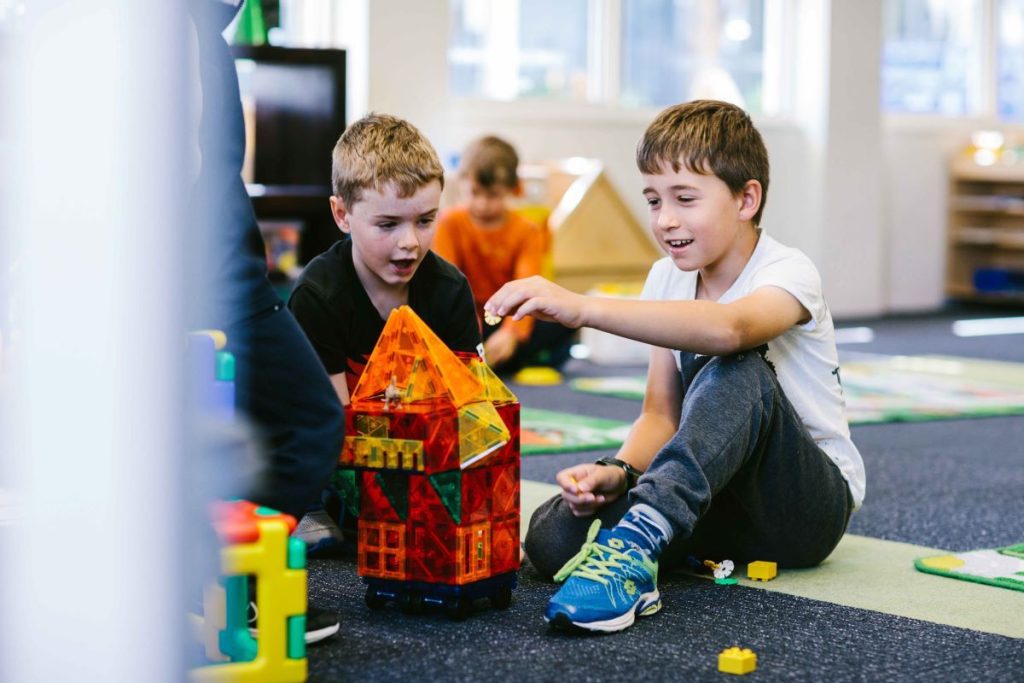
Get to know your child’s friends. Ask your child who they are friends with and suggest some after school ideas, including playdates! Spending time with friends before the school year commences, after school or on weekends is a good way to help your child to develop strong friendships. Your kids holiday program includes being sociable with friends too.
Keep in mind that children have different social skills and teaching them about friendships is not a one-size-fits-all approach. A child who is shy will need to understand not to manage conflict with fear and they will also need to be courageous and ask a parent or teacher for help if they need. Children who are physically active will need to ensure that they don’t hurt others’ feelings when experiencing frustration or anger. You know your child the most and it’s a good idea to openly talk with your teacher or OSHC educator so that they are aware of your concerns and can help to guide your child.
What to do when it’s Difficult to Make New Friends?
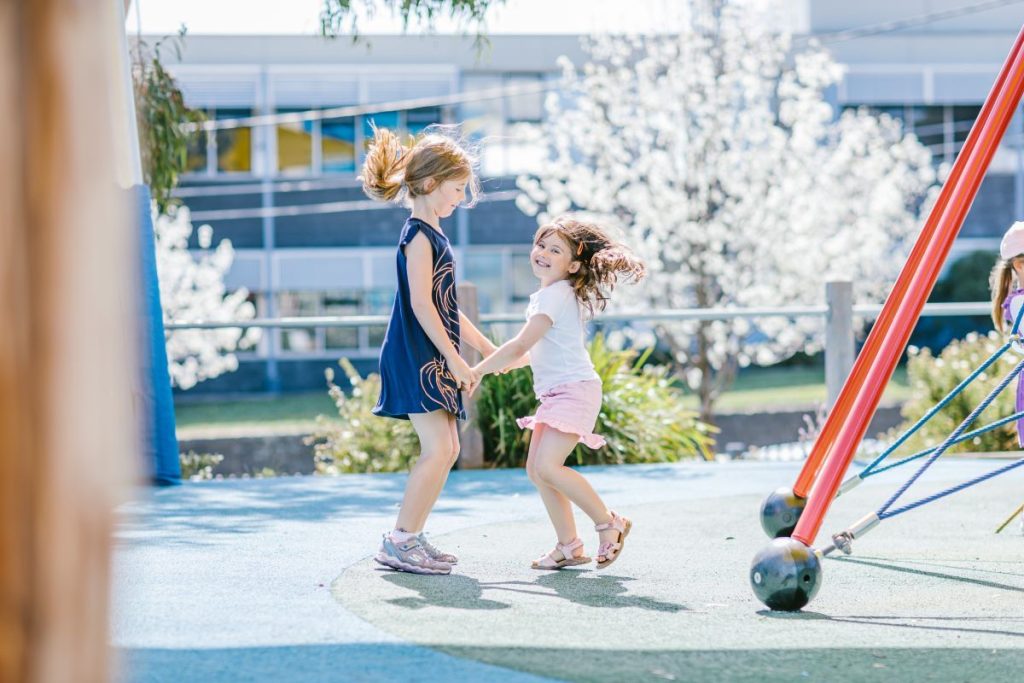
It’s not easy being a child who is navigating tricky friendships. The beauty of being a parent is that you’re able to actively listen and be there for your child when they eventually come home with friendship troubles.
Sometimes talking things through and asking your child how they felt when they had a disagreement with a friend, for example, can help them to uncover their own feelings plus also give them time to digest how their friend was feeling.
Making friends is the easy part. It’s maintaining good friendships that can take time and patience. Connecting with friends can be challenging, and helping children to build strong relationships from a young age will teach them how to value friends throughout their primary school years and beyond. Parents, teachers and OSHC educators play a guiding role in teaching children about friendships and they can encourage healthy relationships at home, school and before and after school care. For more information, visit www.campaustralia.com.au.


